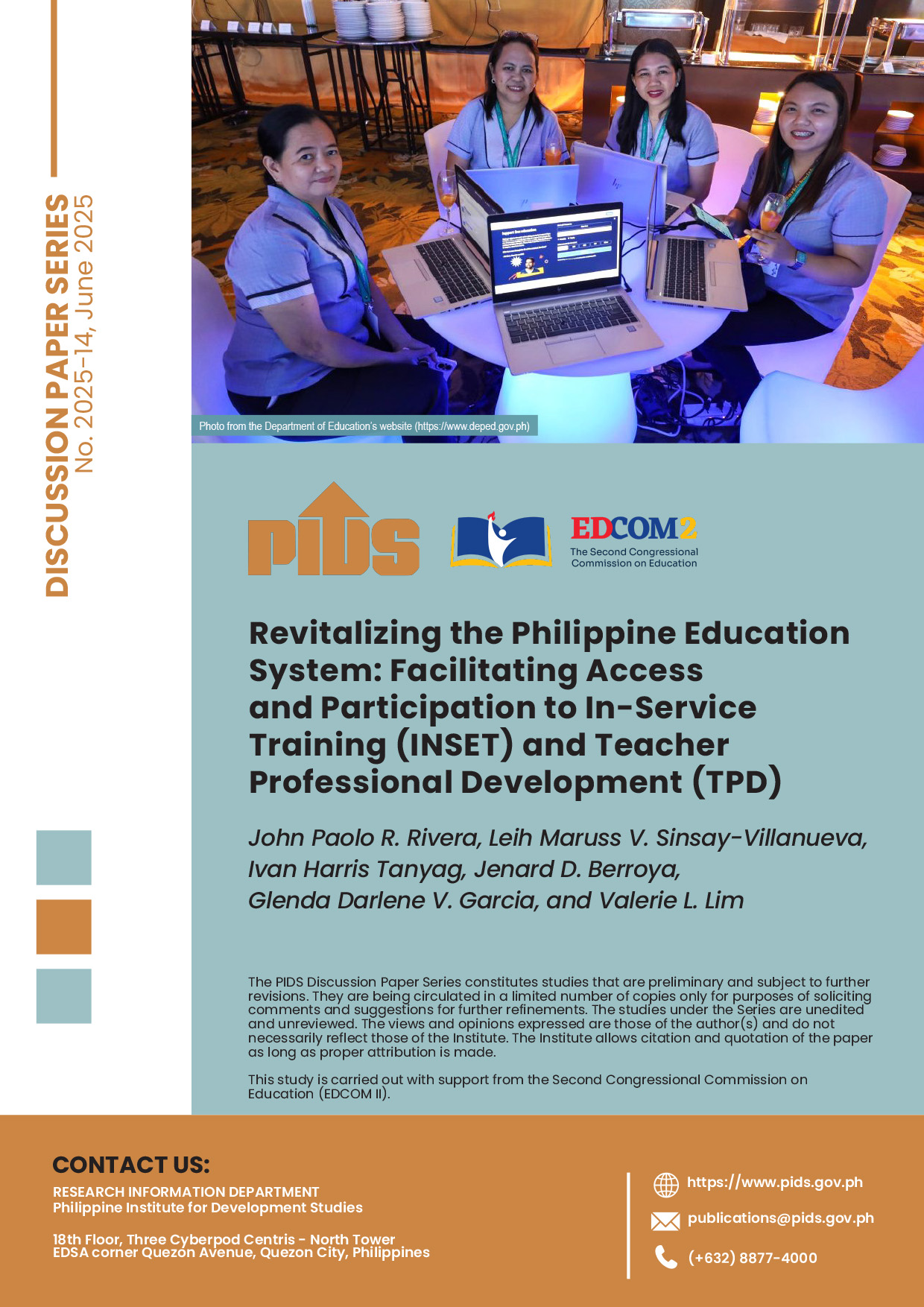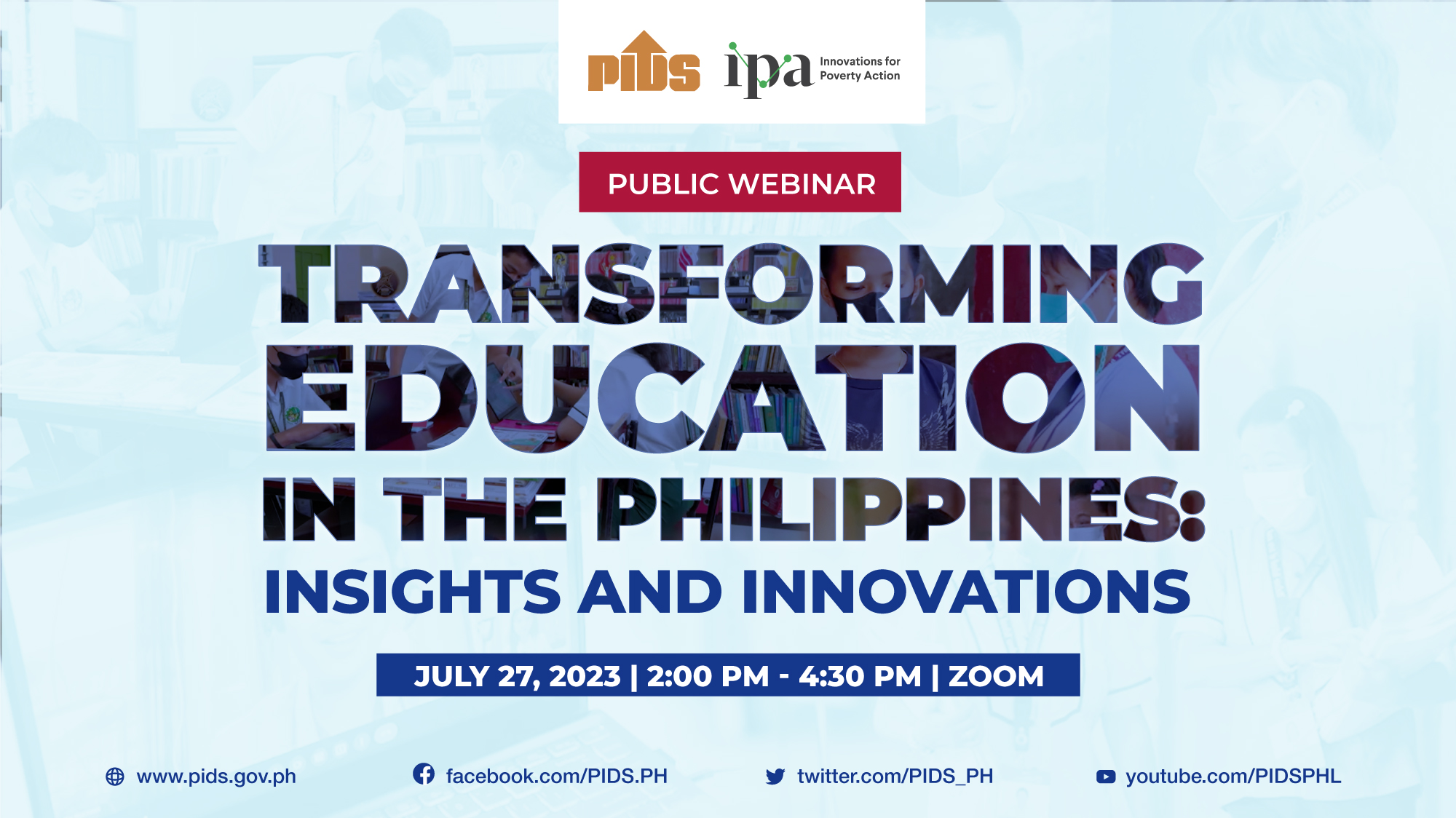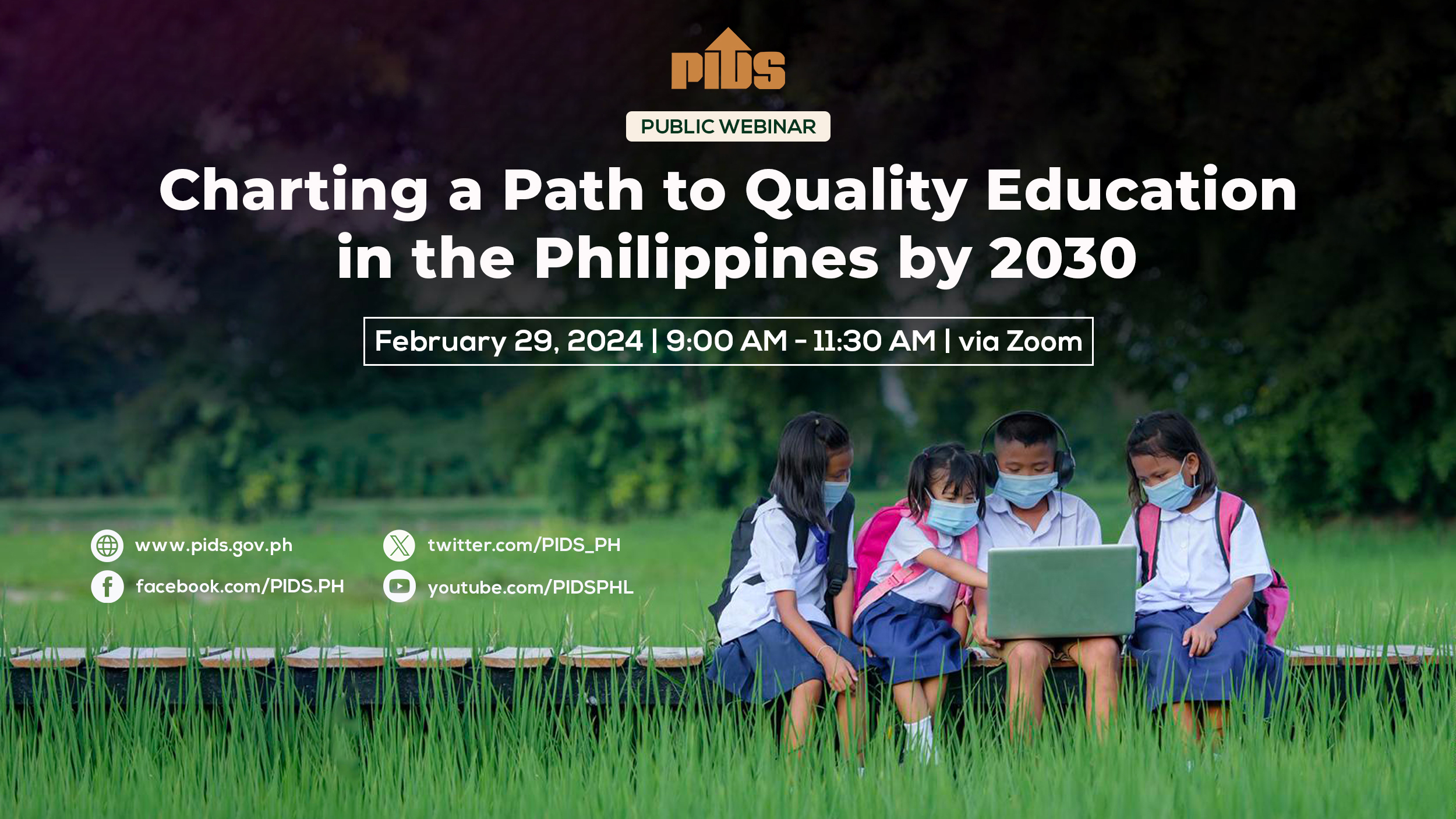How do we solve the problem of declining quality of education in our country today?
Recent reports showed that the country’s top universities all fell in the 2023 World University Rankings released by the United Kingdom-based international higher education information provider Quacquarelli Symonds.
Lucky are those whose parents can afford to send them to better universities abroad but that’s just not an option for everyone else.
The deterioration in our education is alarming and it must be addressed by the incoming administration of president-elect Ferdinand Marcos Jr.
Government investment in education should increase to be able to provide better teaching materials and to improve the salaries of teachers and professors.
According to a December 2021 study of state think-tank Philippine Institute for Development Studies titled, “If You Pay Peanuts, You Get Monkeys? Education Spending and Schooling Quality in the Philippines,” while education spending has been increasing as a share of the country’s gross domestic product (GDP), we still lag behind our neighbors.
It noted that from 2005 to 2019, public sector spending on education increased from 2.1- to 3.1-percent of GDP, which is still behind the benchmark four to six percent set by the Education 2030 Incheon Declaration.
Note that the Philippine Constitution guarantees the highest budgetary priority to education.
To ensure that the education budget is spent properly, the government should also consult with education experts – local and foreign – on how to improve the quality of education in the Philippines.
We can’t afford to just watch and see the quality of Philippine education spiral down into the gutter. We certainly don’t want to wake up one day and see generations and generations of Filipinos unable to reach their full potential because the state was unable to provide them quality education.
Help from the private sector
Gerardo “Gerry” Tee, COO of Absolut Distillers reminded me that the private sector can help and has in fact, been helping.
Reacting to my column last week on education as a key component of building the nation, Tee shared with me that Absolut has partnered with the Department of Chemical Engineering of the College of Engineering and Agro-industrial Technology (DChE-CEAT) last year for a virtual internship program, the first of its kind in UP Los Banos. Universal Robina Corp likewise joined the program with UPLB.
Under the program, select chemical engineering students are taught how to apply classroom teachings in a real-world setting.
Tee, himself an engineer, said Absolut’s engineers taught some 15 to 20 students last year, giving them online lectures and virtual tours that visualized the experience of working on site at Absolut’s plant.
The program will continue this year and would already be face-to-face with more students, he said.
“We will have 25 engineering students and we will teach them the basics of distillery, like how to handle the equipment, etc. We have a small-sized distillery for experiments,” Tee said.
This, he added, is Absolut’s contribution “to help improve the quality of education in our country.” He hopes there will be other companies that will also do similar initiatives.
Tee, remembering the late Absolut director Lucio “Bong” Tan Jr., on his birthday yesterday, said Bong would have been proud of this initiative.
Climate change
Speaking of companies contributing to improve the country’s future, I am also happy to hear that quite a number of companies in the Philippines are taking ESG or environmental, social, and governance (ESG) more seriously now than ever before.
This was the impression I got when I attended last week’s virtual meeting organized by the League of Corporate Foundations for its upcoming expo next month which will tackle climate change.
The conference, to be held virtually from July 4 to 7, with the theme “Creating the Future We Need: Striking a Path During a Period of Transition,” will put the spotlight on companies’ initiatives that help mitigate the adverse effects of global warming and climate change in the country.
I believe this is an important move because the Philippines remains vulnerable to the effects of climate change. This is according to the Sixth Assessment Report of the Intergovernmental Panel on Climate Change (IPCC) released in August 2021.
I also hope it won’t be just a greenwashing activity. Greenwashing is when a company spends more time and money on marketing itself as environmentally friendly than on actually minimizing its environmental impact, just won’t solve the problem.
Helle Bank Jorgensen, the author of the groundbreaking book “Stewards of the Future,” which is focused on ESG, will be the keynote speaker of the conference.
Jorgensen will discuss the best ESG practices adopted by world-leading companies and, in turn, challenge the Philippines’ business sector to take actionable steps toward realizing the future that the country needs.
“We hope that the expo will continue to serve as a call to action to collaborate and find solutions that will bring long-lasting change and positive impact to the country and our people,” said Sebastian Quiniones, LCF chairperson.
Props to LCF and Quiniones for organizing this initiative. I’ve had the pleasure of interviewing Quiniones before when he was still managing director of Shell Philippines Exploration Corp., the operator of the country’s energy crown jewel, the Malampaya gas-to-power facility.
I fervently hope all companies improve the way they do business to help minimize damage to the environment.
Climate change, after all, is a serious problem that requires serious solutions.












